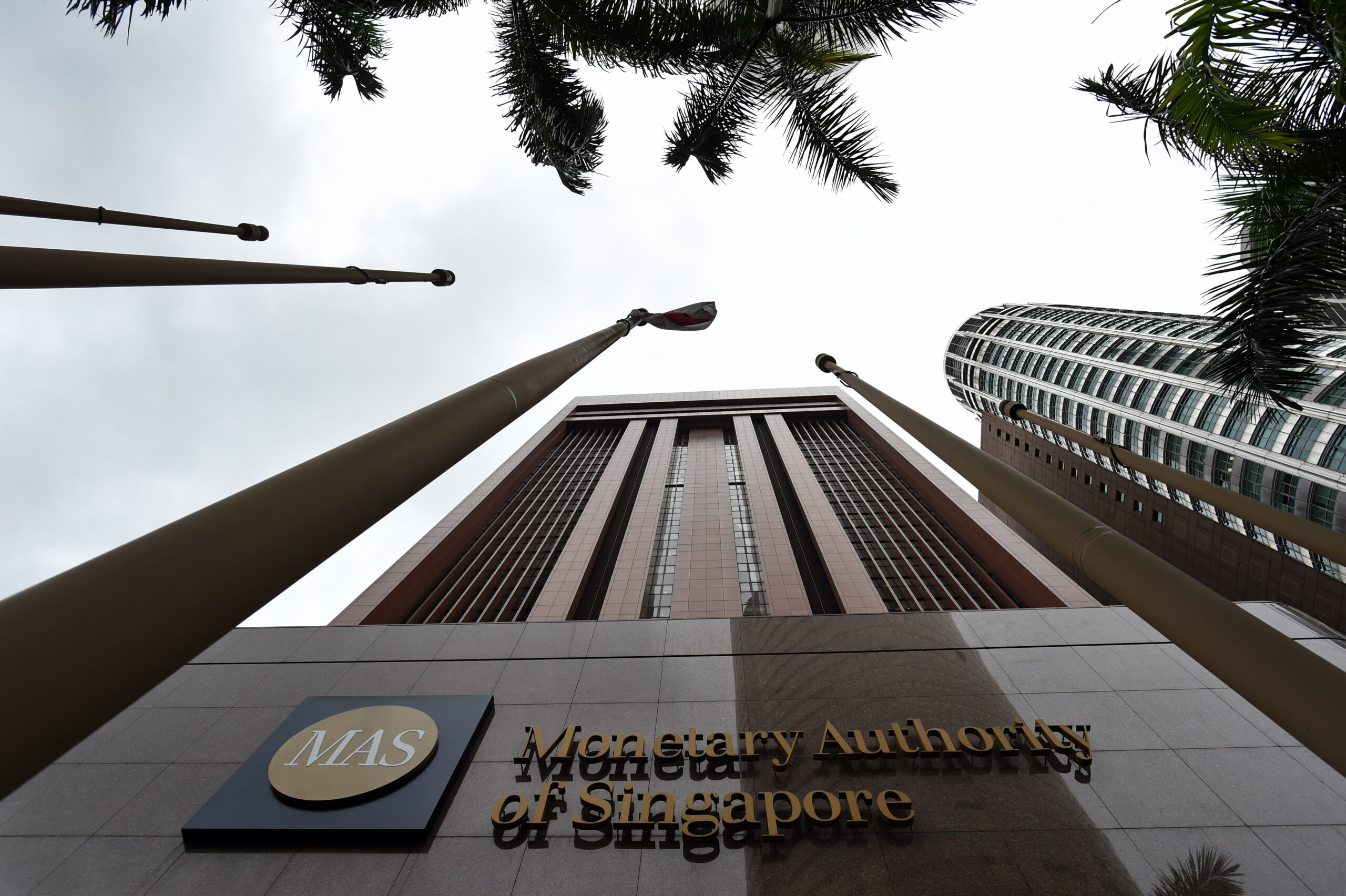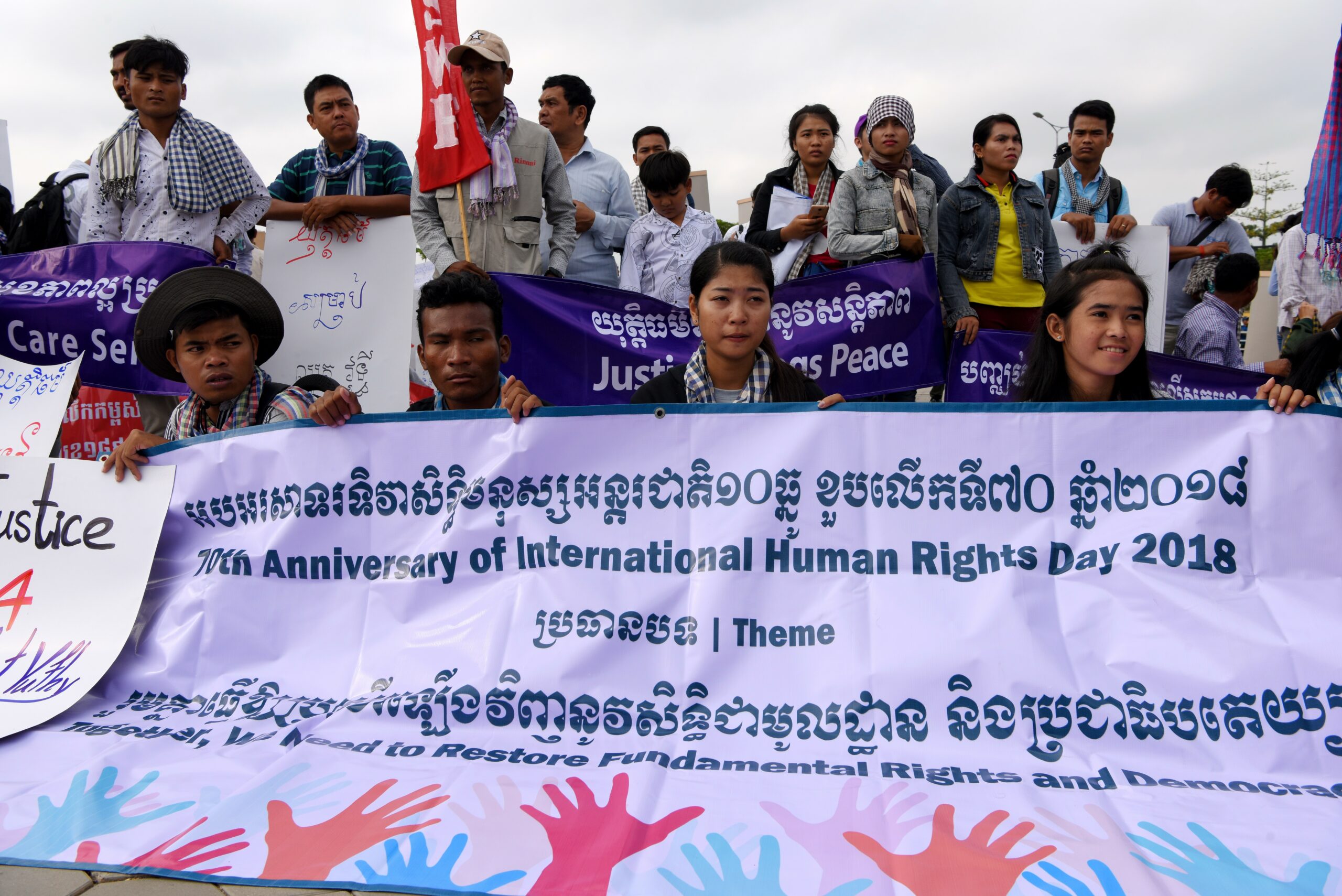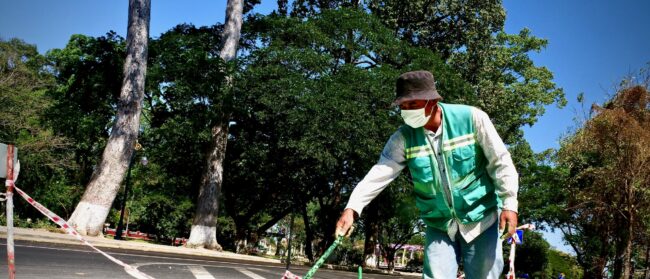Corruption is seen as widespread across much of Southeast Asia, with Singapore and Cambodia’s public sectors respectively perceived as among the least and most corrupt nations worldwide, an international watchdog group reported.
The 2021 Corruption Perceptions Index, released 25 January by Berlin-based Transparency International, evaluates 180 countries and territories on a scale of 0 (very corrupt) to 100 (very clean). Cambodia earned 23 points, the worst among its ASEAN neighbours, while Singapore landed in fourth place worldwide with 85 points.
The drastic difference, analysts say, comes down to Singapore’s high salaries for officials, independent courts willing to rule against the government and the expectation of punishment for transgressions – factors standing in contrast to what many critics call Cambodia’s “culture of impunity.”
“If you have very strong incentives not to be corrupt, and very strong regulations, and very strict monitoring, certainly it can work wonders,” said Krisztina Kis-Katos, a University of Göttingen professor of international economic policy. “And if you have badly paid officials and a culture that accepts that it’s necessary to top-off salaries, then you get a much larger acceptance of certain types of monetary exchange.”
Transparency International researches and advocates against corruption worldwide, with chapters in 112 countries. Since 1995, its annual CPI has drawn from up to 13 different surveys of local and international businesspeople and experts to produce the rankings.
To be included, a country must be represented in at least three data sources capturing perceptions of corruption over the past two years. Transparency International standardises the results of the sources and averages them to produce a country’s overall score.
If you have very strong incentives not to be corrupt…and very strict monitoring, certainly it can work wonders”
Krisztina Kis-Katos, professor of international economic policy, University of Göttingen
The results have become a crucial benchmark for academics and policymakers when publicised annually by local chapters. In Phnom Penh, Transparency International Cambodia executive director Pech Pisey spoke at the sprawling Raffles Hotel Le Royal to an audience of NGO workers, journalists and ministry representatives.
A two-point increase in Cambodia’s score was “a little bit encouraging” in light of efforts to protect public health and decrease petty corruption. But the country’s public institutions and governance remain fundamentally compromised, Pisey said.
“We want to see more of an increase,” he said. “If we can improve the rule of law and human rights situation, we might have a better score.”
Cambodia’s score has remained between 20 and 22 for the last ten years, trailing the worldwide average of 43 and consistently putting the Kingdom behind other ASEAN countries.
Government spokesperson Phay Siphan called Transparency International “pathetic” and said he did not accept its findings, Cambodianness reported.
A majority of the country’s improvement in the past year can be chalked up to two particular surveys from the World Economic Forum and the Political and Economic Risk Consultancy. In each of the surveys, respondents reported a slight decrease in their perceptions of unscrupulous dealings.
But human rights experts say deep-seated corruption in sectors ranging from the judiciary to education mean little has changed in the country where prime minister Hun Sen has held power for more than 35 years, particularly when Covid-19 lockdowns have hampered people’s ability to speak out through public gatherings.
“For me, it has become a cancer,” said Chak Sopheap, executive director of the Cambodian Center for Human Rights. “Cancer is a chronic disease – it’s hard to treat and cure.”
Nop Vy, the Cambodian Journalists Alliance executive director, pointed to the decline of independent media since 2017, when the Supreme Court dissolved the country’s opposition party and press crackdowns left longstanding English-language newspapers lifeless.
Some journalists have felt pressure to take bribes from officials, he said, while investigating corruption has become increasingly dangerous.
Cambodia has touted its efforts to tackle corruption through the establishment of Hun Sen’s Anti-Corruption Unit in 2010. But human rights groups and international watchdogs say paltry enforcement and a lack of political will has led anti-corruption efforts to become another arm to persecute critics or take bribes.
When a Cambodian university student reported mass cheating on an exam two years ago, the Ministry of Justice charged him with incitement, slander and defamation, creating a chilling effect on future whistleblowing, Transparency International reported.
Another recent incident involved an Anti-Corruption Unit staff member accused of demanding payments in exchange for university degrees.
“The main issue, I believe, is not the lack of legislation but how the current legislation is being implemented and how the judiciary is contributing, or not, to the fight against corruption,” said Claudia de la Fuente, deputy representative for the Office of the United Nations High Commissioner for Human Rights in Cambodia.
“If people start coming out and reporting incidents of corruption and end up in prison, that will dissuade others from providing similar reports,” De la Fuente said.

Despite the dismal portrait painted by this year’s rankings, Cambodia is not unique. Since 2012, more than 80% of ranked countries have made little to no progress in improving their scores, according to Transparency International. Two-thirds of countries continue to score below 50.
Yet the perception of endemic corruption across Southeast Asia is “a real concern” in attracting new investors, said Gil Gonzales, executive director of the ASEAN Business Advisory Council.
While some companies factor bribes into their cost of doing business, others shy away from environments they view as unpredictable and costly, Gonzales said.
“If you can’t trust someone, how do you think about getting married?,” Gonzales said. “It’s a very basic requirement of engaging and investing – trust and confidence.”
The notable counterexample is Singapore, where the public sector has built a squeaky-clean reputation partly upon competitive salaries and a culture of enforcement, experts say.
A diplomat was sentenced to 15 months in jail in 2014 after pleading guilty to inflating the price of pineapple tarts and wine intended as gifts for dignitaries. That kind of government response sends a strong message to those in similar positions, said Edmund Malesky, a political economy professor at Duke University who specialises in Southeast Asia.
If you can’t trust someone, how do you think about getting married?”
Gil Gonzales, executive director, ASEAN Business Advisory Council
“That’s a big deal,” Malesky said. “It cost him a lot of money, because it cost him that big annual salary. Corruption is punished relatively heavily.”
Transparency International spokesperson Shubham Kaushik cautioned that the city-state’s tight control on corruption is “without regard for human rights and civil liberties.”
“[Singapore] continues to fall far behind on human rights such as freedom of expression and association, which means that any anti-corruption success is tied to the political will of the ruling elite and can be easily reversed,” Kaushik said.
Other top-ranked counties have historically included Denmark, Finland and New Zealand, which each received the highest score of 88 this year. Somalia, Syria and South Sudan were ranked at the bottom with scores of 13 and 11.
The corruption index has received criticism over the years, namely for its basis on a small group of experts and the inherent challenge of reducing nationwide corruption to a single number. Survey respondents may not be fully honest given their authoritarian environments or the pressure to give more socially acceptable answers than what they actually experience, Malesky said.
Transparency International said audits by the European Commission Joint Research Centre found its approach to be “conceptually and statistically coherent” and noted there is “no perfect way to measure corruption.”
“Expert surveys are a good first step to get a sense of how prevalent corruption is in a country and by combining 13 different sources we ensure that the CPI is more reliable than any of the individual sources taken separately,” Kaushik added.
Criticisms aside, analysts say the most useful takeaway for Southeast Asian countries is perhaps the most obvious: The region’s reputation for corruption has barely improved in the past decade.
Cambodia’s Sopheap of CCHR compared necessary institutional changes to cleaning a house.
“You need to clean it from the top down to the bottom,” she said. “If you only eliminate small-scale corruption, large-scale corruption still remains.”
This article is a part of an ongoing partnership with Transparency International Cambodia meant to accentuate issues along with practical solutions concerning good governance and anti-corruption in Cambodia. Learn more about the partnership here.


